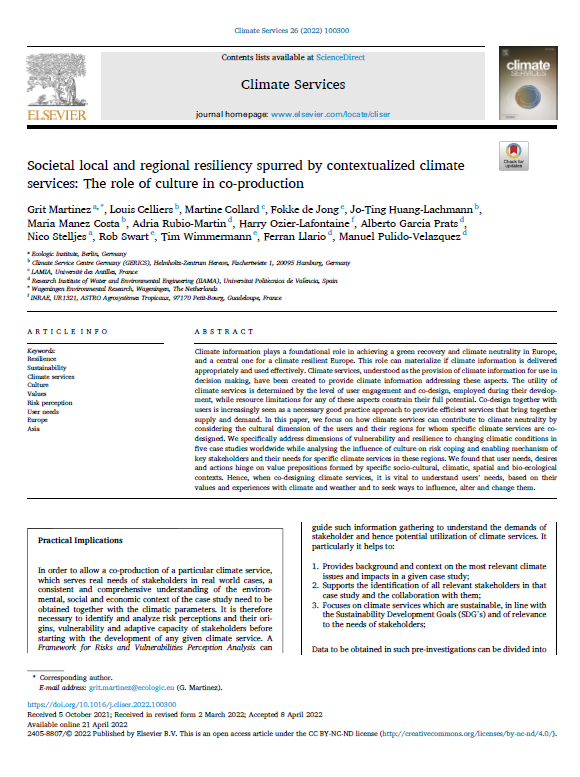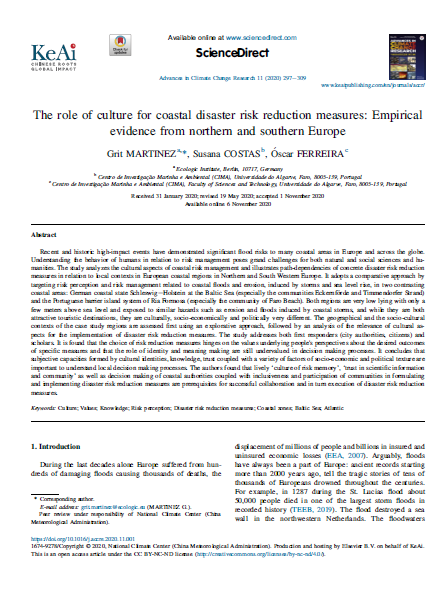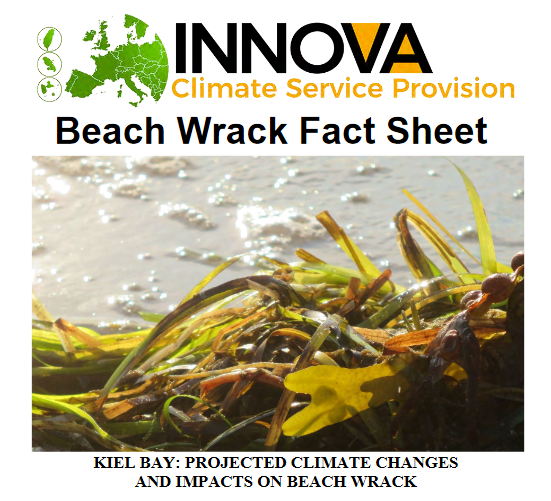Assessing Urban Risk and Vulnerability and Prioritizing Action
- Presentation
- Date
-
-
- Location
- Bonn, Germany
- Speech
From 26 to 28 April 2018, the Global Forum on Urban Resilience and Adaptation took place in Bonn (Germany) just after the March Cities IPCC Conference, a few days ahead of the midyear Bonn climate talks and a few months before nations review SDG 11 on cities and human settlements. More than 400 participants attended the conference where 37 thematic sessions were offered. For the INNOVA project Dr. Grit Martinez of Ecologic Institute presented in the session "Assessing urban risk and vulnerability and prioritizing action" INNOVA's approach to risk assessment.
The Resilient Cities congress is a platform for knowledge exchange among representatives from local governments, partners and key stakeholders on how to achieve integrated urban resilience strategies by sharing new perspectives, connections, and calls to action.
In her presentation Grit Martinez explained that INNOVA's approach to risk assessment is based on an understanding of collective processes in place-based contexts which are able to create vulnerabilities and in turn the demand for climate services. In other words, the responses that are given to climate change by a certain user group are cultural responses shaped by social, political, economic and cognitive factors. It is therefore vital to understand societal contexts as well as what animates users to utilize which kind of climate service.
In the second part of the presentation Grit Martinez illustrated the connection between a society's ability to cope with, adjust and adapt to climate change and their choice of measures by referring to the example of the Dutch "Room for the River Programme" in the city of Nijmegen. The approach of "living with water" became a success story because it is a vital part of the Dutch identity. Coupled with a strong political mandate, vigorous inclusion of stakeholders' perspectives and vital economic support, the Dutch were able to create acceptance even for unpopular measures such as resettlement.
Overall, the discussion of the session focused on inclusive ways of utilizing technical & cultural data and contextual information to respond to the challenges climate change poses on urban and rural settlements. In addition, representatives of the city of Istanbul (Turkey) and Lima’s district Comas (Peru) expressed interest to link up with Nijmegen to learn from the Dutch approach while adapting it to their own societal settings.









